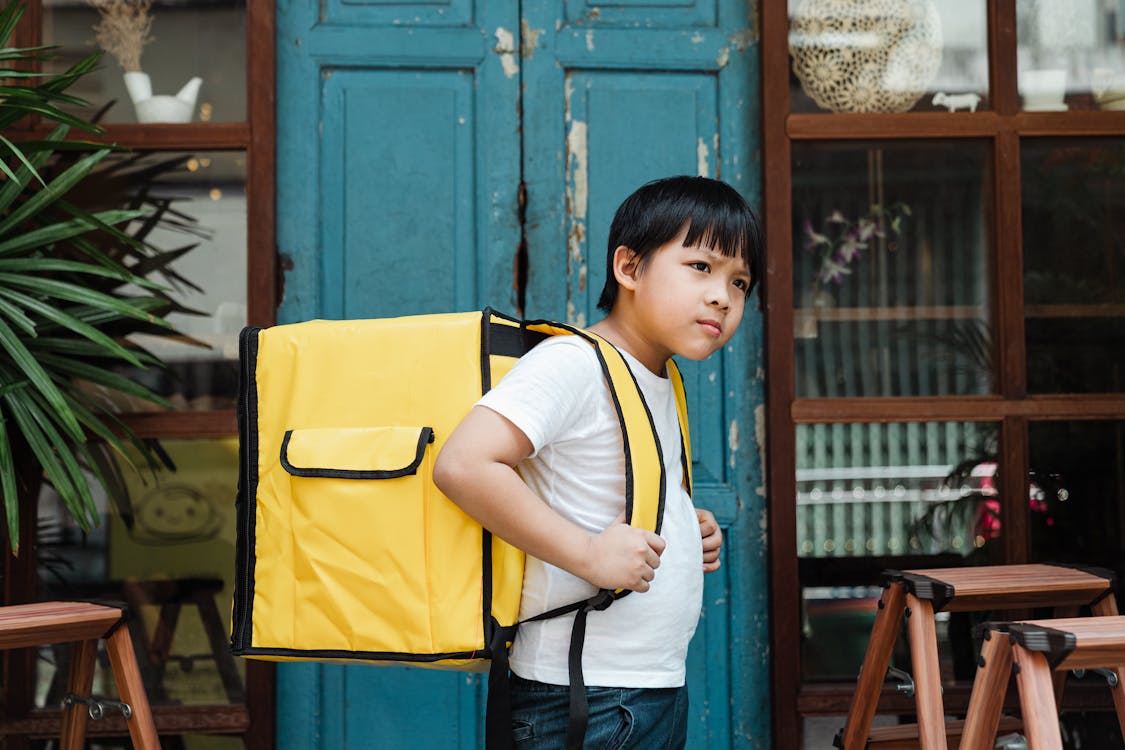
Scoliosis is a sideways curve in your backbone or spine. Often, it first appears during childhood and adolescence.
1. Scoliosis causes pain
Typically, in the early phases, scoliosis does not cause pain. The early onset in children might go completely unnoticed.
2. Watchful waiting is the best approach
Yearly diagnosis with appropriate treatment is better to correct the problem before it progresses to a point requiring surgery. It is easier to improve a more flexible and smaller curve with bracing and scoliosis specific exercise than it is to change a large more rigid curve.
3. Scoliosis does not progress into adulthood
It is now known that scoliosis most often progresses into adulthood especially if the existing curve is bigger. This is due to the weakening of the ligament in our spine as we age, causing the spine to lose stability and worsening of the deformity.
4. Swimming will help reduce scoliosis
There is no evidence to support this idea. Research shows that swimming alone is not an effective treatment.
5. Bad posture causes scoliosis
Often adolescents have slumping postures, however the slouching itself is not necessarily linked to the development of scoliosis.
6. You can correct scoliosis by just sitting up straight
Sitting up straight might help a little but the right treatment must be multi-factorial as the right treatment will be different for each patient.
7. Scoliosis only affects girls
The condition is more common in girls particularly in ballet dancers and gymnasts, but boys can and do develop scoliosis.
8. Heavy backpacks cause scoliosis
Heavy backpacks cause uneven loading and are never good for children’s spines and posture… but they don’t cause scoliosis. If it were true, then every school child would have scoliosis!
9. Scoliosis worsens in pregnancy or will stop a woman from having children
Research shows that pregnant women are not at an increased risk of scoliosis progression, however carrying a baby will produce more stress upon the body and the spine will increase the likelihood of pain and discomfort. Scoliosis will not affect a woman’s ability to carry a child or give birth.